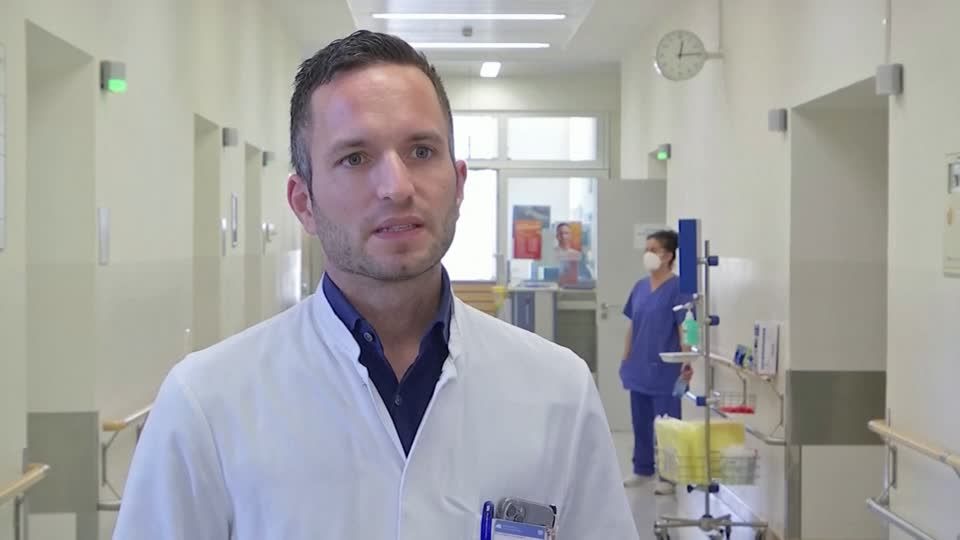Politicians and scientists are worried about the steady rise in the corona numbers. Can a booster vaccination actually break the fourth wave of the virus? Answers to the most important questions.
While the vaccination campaign is stalling, those responsible are increasingly relying on a refresher on the protection of those who have been vaccinated. Because especially in older people, the effect of the vaccine against the coronavirus apparently wears off after a certain time. These are the answers to the most pressing questions about booster vaccination:
Who is entitled?
All people from the age of twelve who have their place of residence or habitual abode in Germany are entitled to a booster vaccination.
Who is it recommended to?
The Conference of Health Ministers recommends the booster vaccination to all people aged 60 and over – after weighing them up and consulting a doctor. Residents and employees in retirement and nursing homes are also advised to do so. According to the GMK, boosting should also be considered for medical staff – outpatient and inpatient. After all, people with an immune deficiency are advised to use boosters.
The Standing Vaccination Commission (Stiko) is a little more cautious: It only recommends boosting from the age of 70, but also for people in nursing homes. And the experts advise after vaccination with the vaccine from Johnson & Johnson – here only one dose is provided – for a rapid booster already after four weeks. The reason given by the Stiko is the “comparatively low vaccine effectiveness” of the preparation compared to the Delta variant.
When should the booster be done and with which vaccine?
Boosting with an mRNA vaccine is recommended six months after full vaccination protection has been achieved. This is usually achieved after the second dose. Most people in Germany are therefore not yet in line.
The SPD health expert Sabine Dittmar has calculated that at the end of April – a good six months ago – just six million people in Germany had full vaccination protection. For these, the booster would now be due. So far, according to Dittmar, there have only been 1.9 million refreshments administered.
What scientific knowledge is there about booster vaccinations?
A study in Israel, which is also a pioneer in boosting, shows that the boosters are effective. According to reports, the researchers found that people over the age of 60 who received only two doses had ten times more infections than those in this age group who received the booster vaccine. In addition, those who had been vaccinated twice were 20 times more likely to develop severe disease than those who had been vaccinated three times.
According to the company, a study by the vaccine manufacturer Biontech / Pfizer also shows that the third dose was highly effective: it was able to restore the high level of vaccination protection that was achieved after the second dose and showed a relative vaccine effectiveness of 95.6 percent – significantly more than with study participants without a booster vaccination.

What role could the vaccination centers play in boosting?
Federal Health Minister Jens Spahn (CDU) and the SPD health politician Karl Lauterbach are promoting the revitalization of the vaccination centers, which played a central role at the height of the vaccination campaign in spring and summer. At that time there were a good 400 such institutions nationwide, the majority of which have now been closed again.
Two of the previous six vaccination centers are currently still in operation in Berlin. But these are of great importance according to the state government: Over 40 percent of the current vaccinations in the capital are administered in the centers and mobile vaccination stations, as Health Senator Dilek Kalayci said on Monday in the “ntv early start”. Nonetheless, she sees it as the general practitioners’ duty to increase the pace. After all, vaccination is their “core business”.
Source From: Stern




